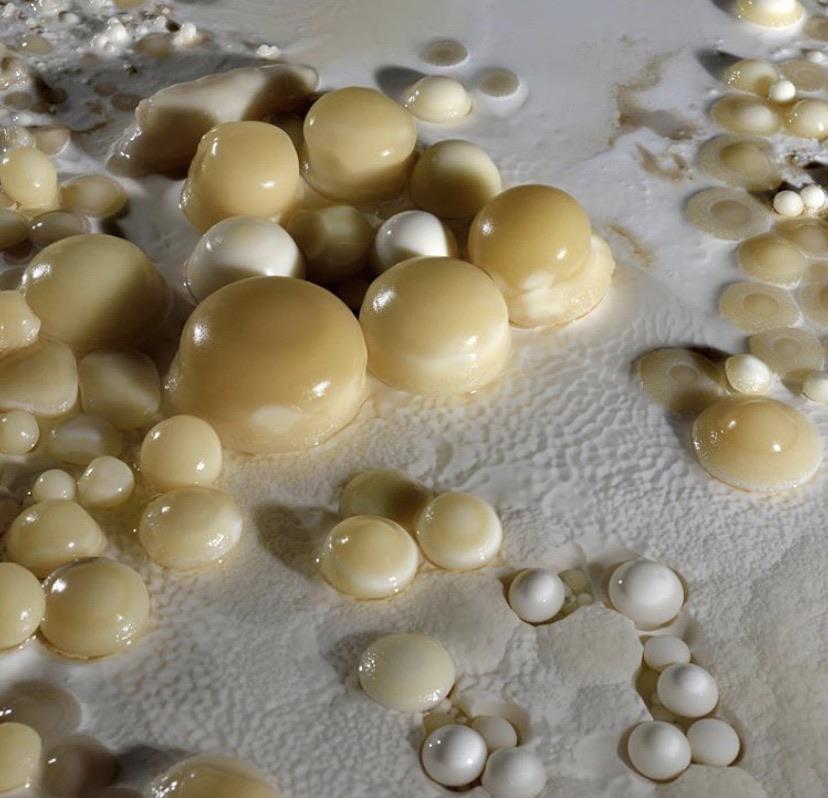postgraduate program
Block 2020 III
2020 has so far been a turbulent year: of course, the global background we are all aware of, but also for a.pass and all involved, as a community, as a group of colleagues and as a place of politics and organisation. We need time to meet despite all difficulties, and we need time to think together. We think of this block primarily as a meeting of ideas and practices of the researchers and the block contributors, in order to make space for an emergent support structure shared between all involved. Our desire is to ground the support structure of a.pass in a close relationship with the necessities and practices of the researchers. Curating here refers again more to care, than to an overarching trajectory. The core of what we do, practice artistic research, is what needs input and support. Starting from the question of what we need and how to organise it we want to create transitory and sustainable modes of organising and sharing research. The block practice, starting with the Settlement gathering, is focused on organisational and structural awareness and feedback: which spatial and temporal structures do we propose, how is it working with us and our research, and is it something we should keep for the future?
postgraduate program, research center
2013 BLOCK III
1 September-30 November 2013
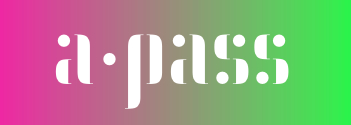
Read more..
postgraduate program, research center
2015 BLOCK III
1 September-30 November 2015

Read more..
postgraduate program, workshop
Vladimir Miller Settlement VIII
14 September-2 October 2015 / a.pass studio
TOWARDS FRAGILITY
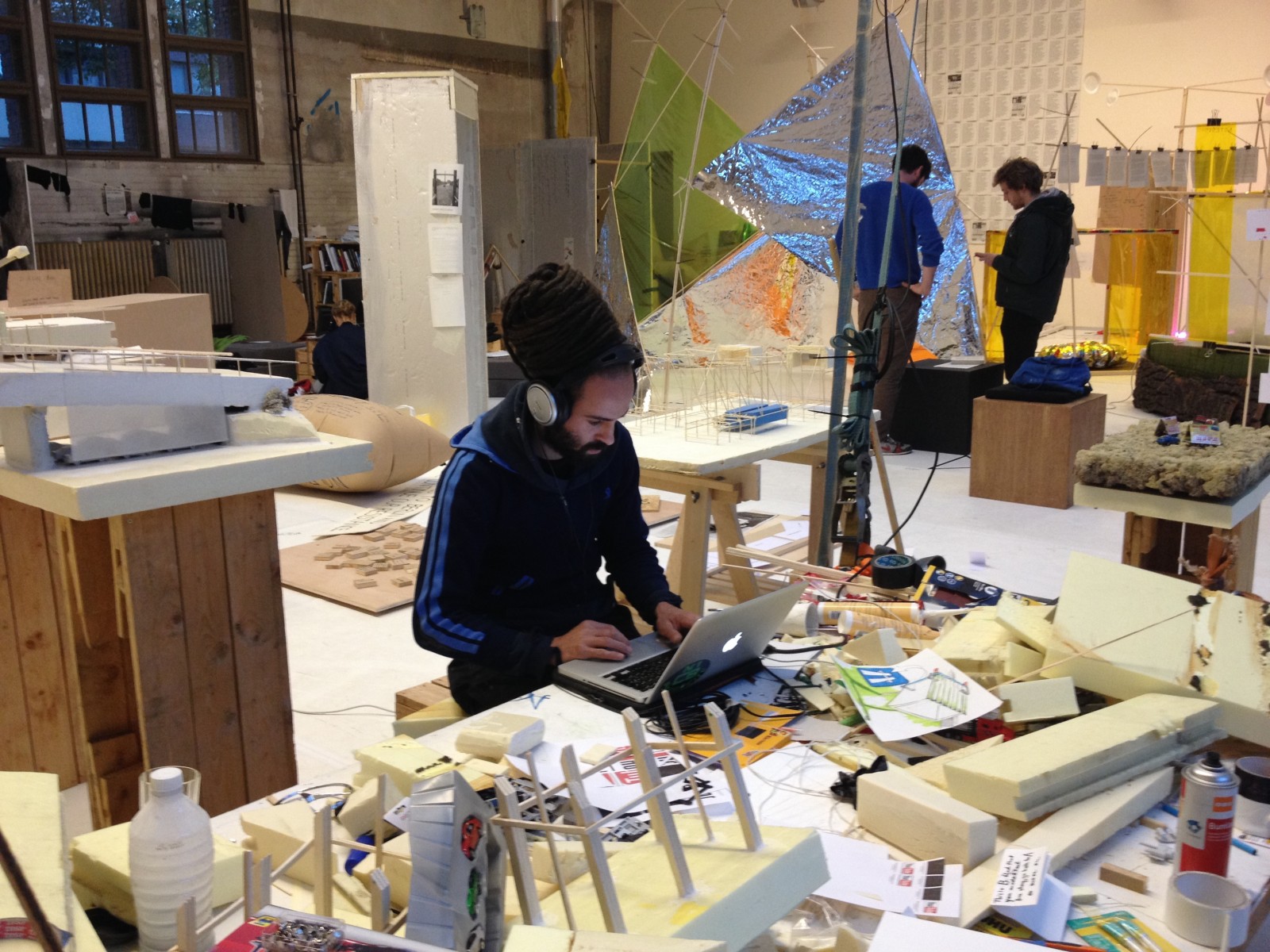
Read more..
postgraduate program, workshop
Settlement 11 Collective Schedule
22 May-3 June 2017 / a.pass

Read more..
performative publishing, postgraduate program
Maurice Meewisse Documentation Third Block – Settlement 14
1 January-31 March 2019
Curated by Vladimir Miller
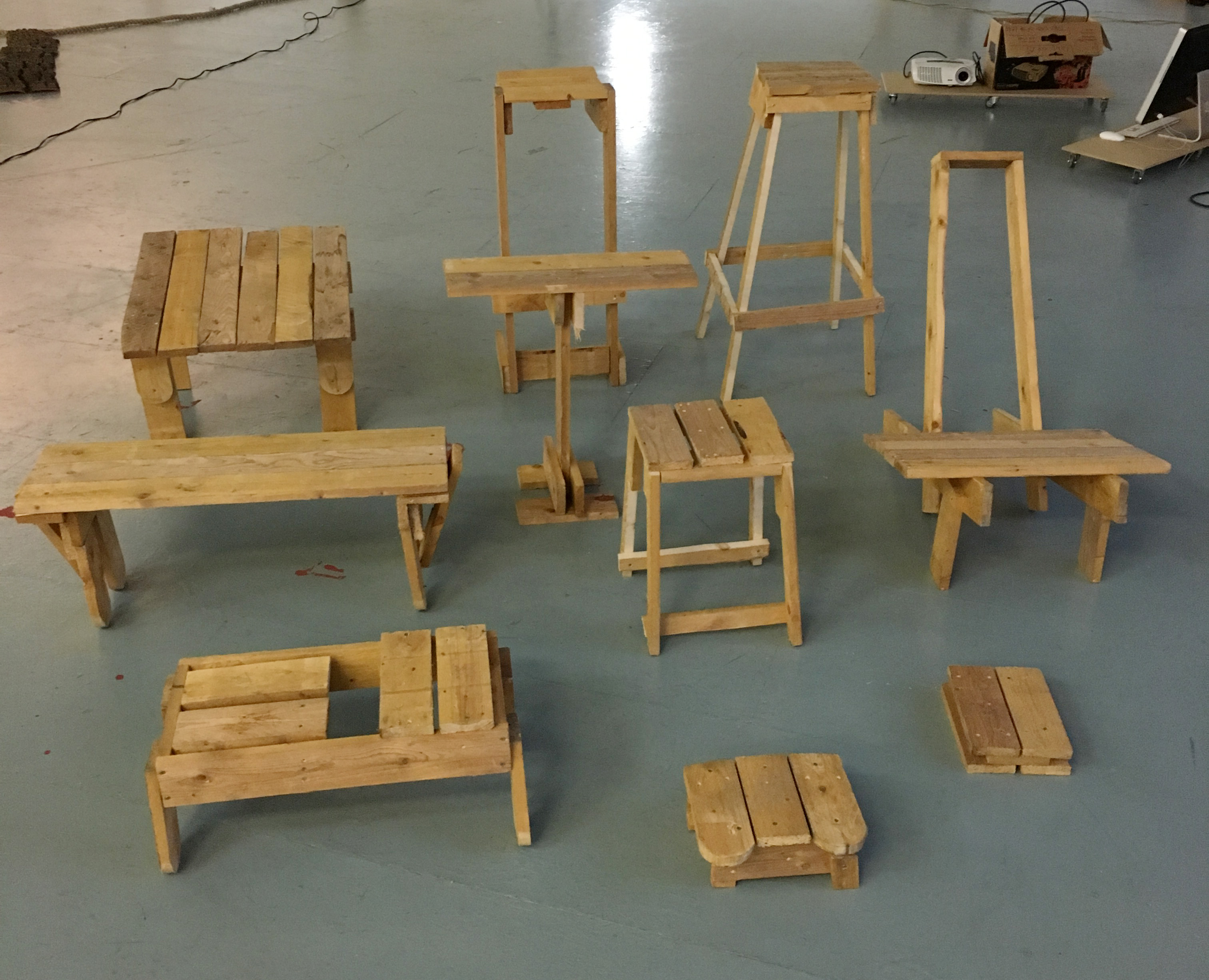
postgraduate program
BLOCK 2019/I UNSETTLED STUDY
7 January-31 March 2019
curated by Vladimir Miller

postgraduate program, workshop
Settlement 14
7-26 January 2019 / a.pass

information, postgraduate program
Settlement 14 schedule
7-26 January 2019
MON 7th
14:00 meeting
17:00 cleaning, emptying the collective space
19:00 dinner
TUE 8th
10:00 Materials and Tools
Read more..postgraduate program, workshop
the Lecture, the Performance
4-8 February 2019
workshop with philipp gehmacher
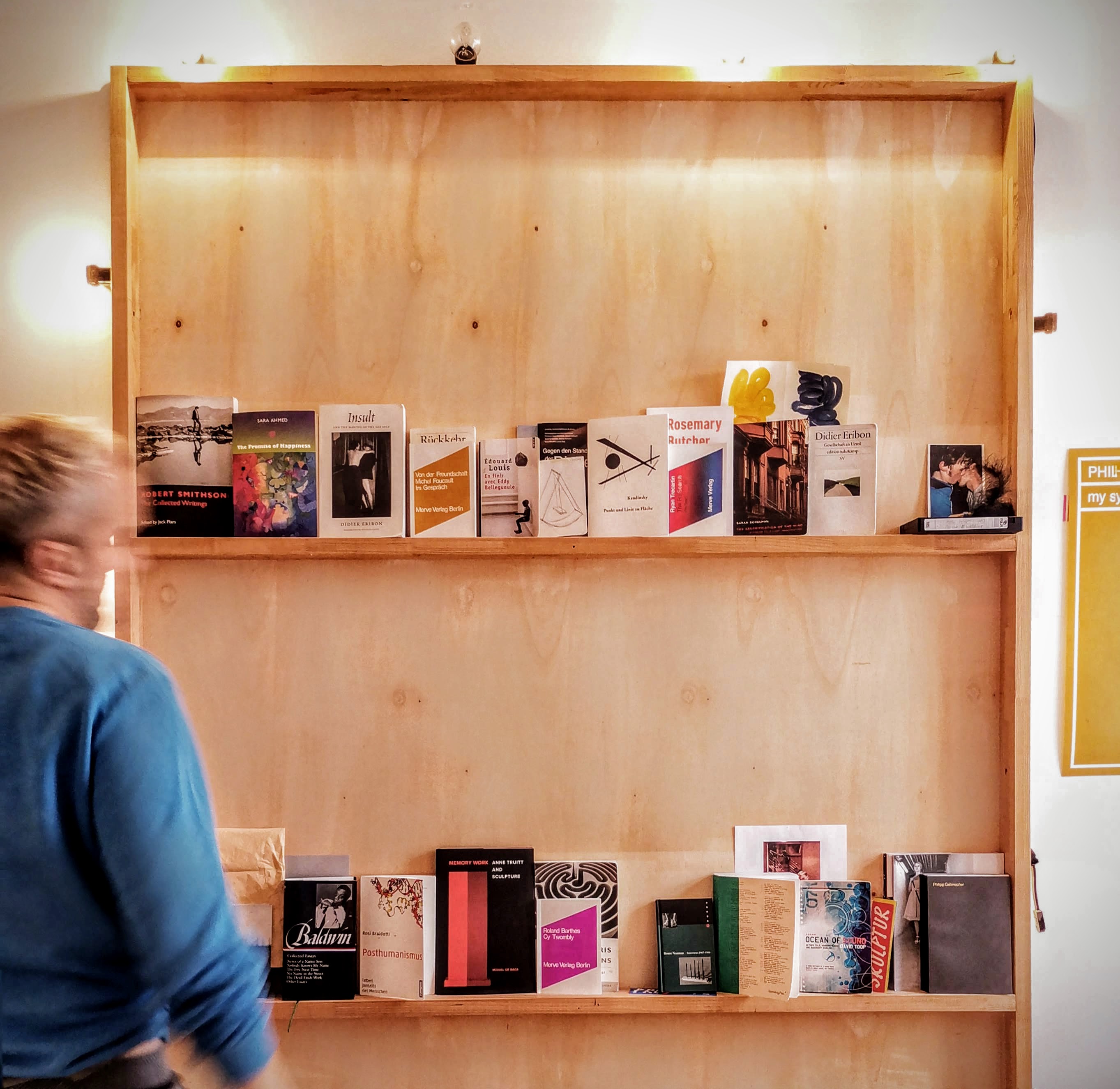
This week’s focus lies on the idea and genre of the lecture performance in the performing and visual arts. Speaking out will be looked at as a performative act of sharing thoughts and concerns about ones own research and work. The questions often arising are: Why speak out about things at all? Why not let the work speak for itself, the research be mapped out and available? Is the speaking an extra layer of added information, at times rendering the ‚shown’ and presented more informal, even personal? Whilst in fact pointing at its surrounding, as much as the institution, is there a self-referentiality involved in speaking that we cannot escape whether we speak about ourselves, our concerns or just matters seemingly ‚worldly‘ and not personal? Speaking is however also about utterance and the speech act, performative as such, in the now, whether scripted or not. Speaking points out, maps out, accompanies actions and discursifes often all at once.
Read more..postgraduate program, workshop
Moritz Frischkorn The Choreography of Objects: Logistics vs. Entanglement
25-28 February 2019
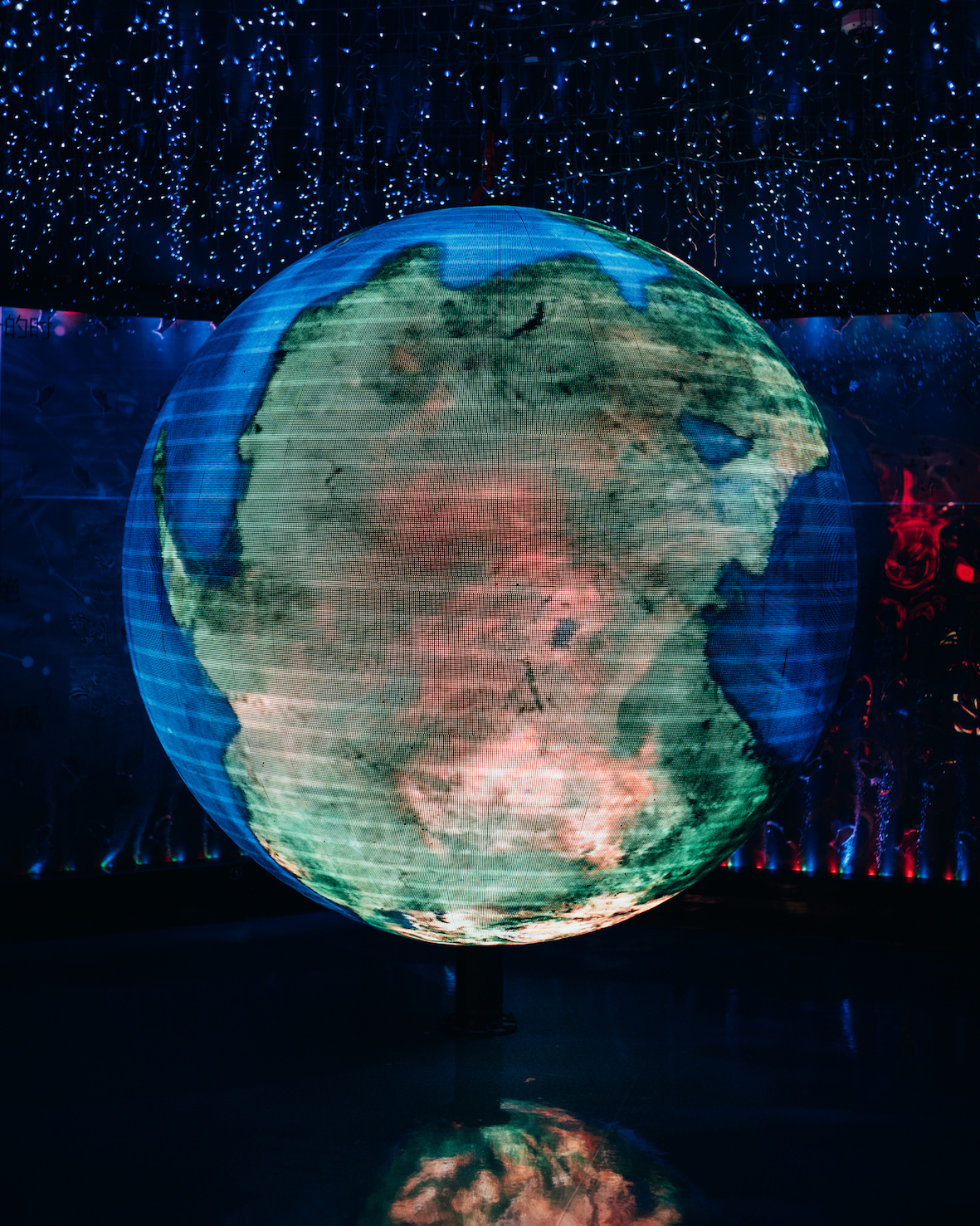
performative publishing, postgraduate program
UNSETTLED STUDY AT PERFORMATIK ’19
22-23 March 2019 / KANAL
performative research environment
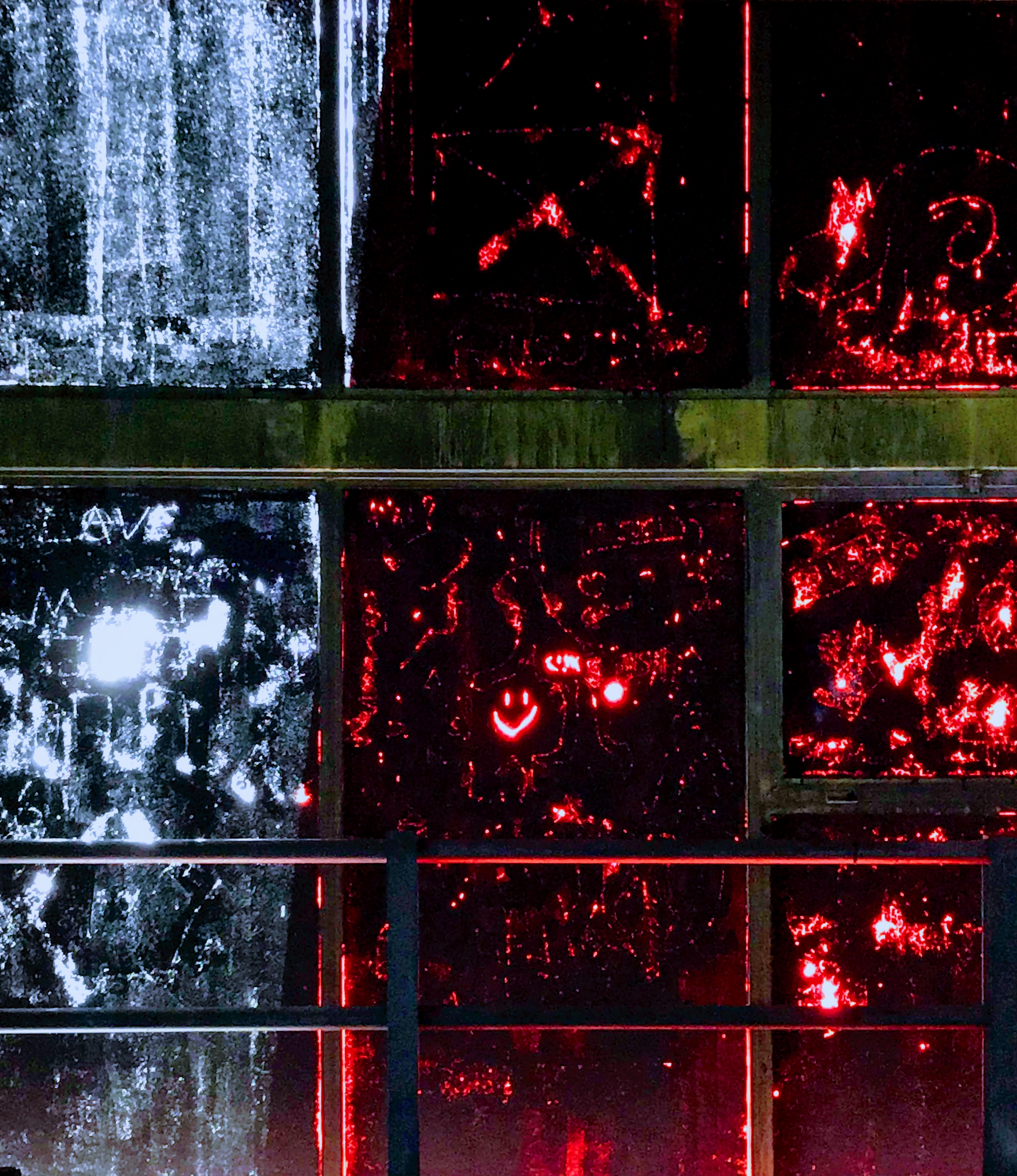
postgraduate program, workshop
Vladimir Miller Settlement 16
14 September-3 October 2020 / a.pass
The Unconditional Institution
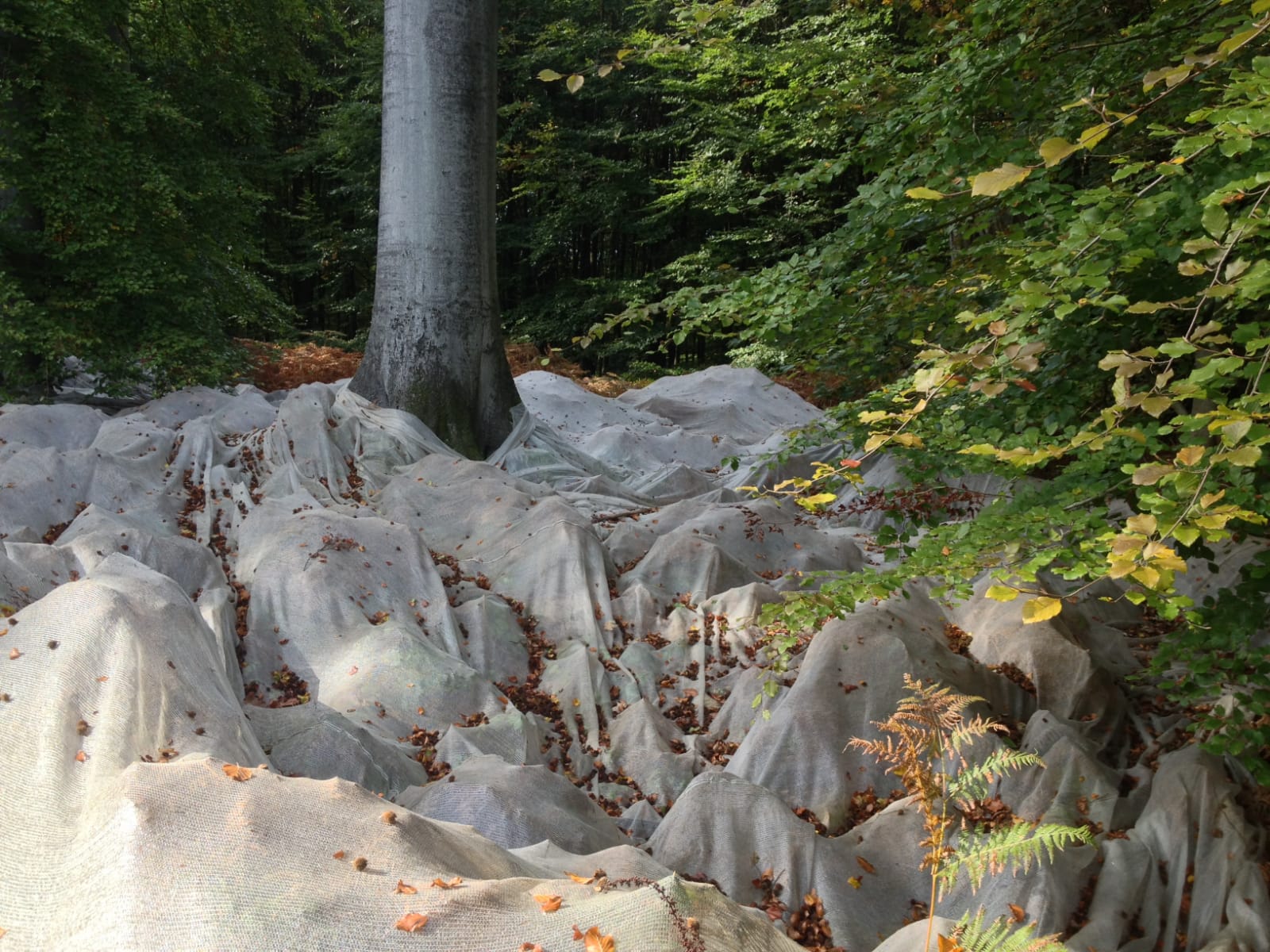
During the days of Sept 14th – Oct 3rd 2020 a.pass will come together and host an open workspace called Settlement. In the course of these three weeks we will share our current work processes within an open collaborative workspace. We aim to create a poly-central gathering that is self-structured, self-organized and open to contributions from anyone. You are cordially invited to join this process by establishing your own space in the a.pass Settlement and sharing some of your ideas, practices or works with others. The materials and structures available at the a.pass main space will be a common resource for all who join to create whatever is needed to facilitate this process. The schedule for these three weeks will be developed on site by its participants and shared online on the a.pass website.
please let us know if you want to join this workshop by subscribing a week before you come. covid measures will be followed in the shared environment to ensure it safety.
Read more..postgraduate program, workshop
Krõõt Juurak AUTODOMESTICATION
27-31 October 2020 / a.pass
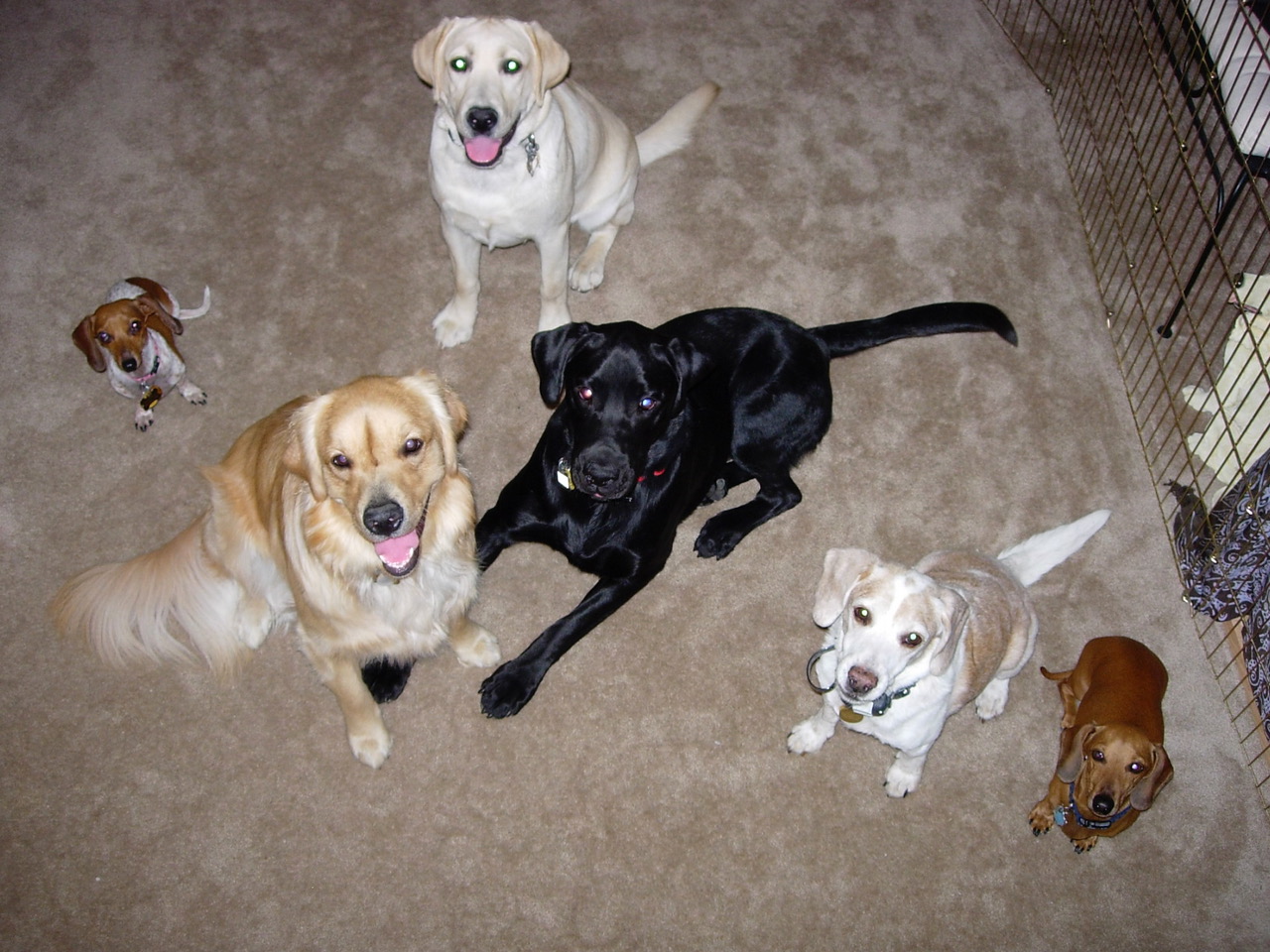
As a performer you provide your audience with something that cannot be measured in material terms. As regards the activity that produces the cultural content of the commodity, your labour involves a series of activities that are not normally recognised as work – activities involved in defining and determining cultural and artistic standards, fashions, tastes, consumer norms and, on a strategic level, public opinion. As a performer you are primarily a producer of subjectivity. Typically, an artist’s value does not lie in what they “do” but in what they “are”. Now, remember, for example, how Richard Florida described the processes of gentrification caused by the migration of artists and creative workers – the artists may or may not be aware of the value of their mere presence but on a larger scale they produce “results” simply by existing. Survival in the (performing) arts requires creativity that goes beyond the artworks one creates. In fact, a typical performing artist spends about 99 percent of their time off stage – as an audience member, a critic, an administrator, a networker, friend, mentor, student, teacher and so on. Inventing and re-inventing oneself on and offstage, adjusting to various situations, restrictions, moving from project to project, one residency to the next, brimming with creative energy, training and forever educating oneself is the way forward.
Read more..postgraduate program, workshop
Elke van Campenhout Debunking the Myth
16-20 November 2020 / online
or The Emperor’s New Clothes Revisited
NEW DATES!
16.-20. Nov 2020
To be a contemporary artist comes with a lot of prerequisites these days: unspoken discourse rules, critical norms, and a general salonfähig consensus about values like fluidity, horizontality, collaboration, etcetera… Often these values are taken for granted while a strong discourse is ruling the artist’s world, zooming in on any hint of postcolonial insensitivity, patriarchal blindness, gender observations, and faintly non-consensual power use. This attitude stems from the bountiful history of feminist and queer studies, cultural studies insights, and a general growing awareness of her-stories and the damage done by biased educations and cultural misgivings. But at the same time there are also a lot of other untouched territories underlying these value markers: 19th century romanticism, liberalism, humanism, … Each one carrying within it a very specific view of what it means to be a human being in this world, how we are connected and what we are able to convey.
Read more..